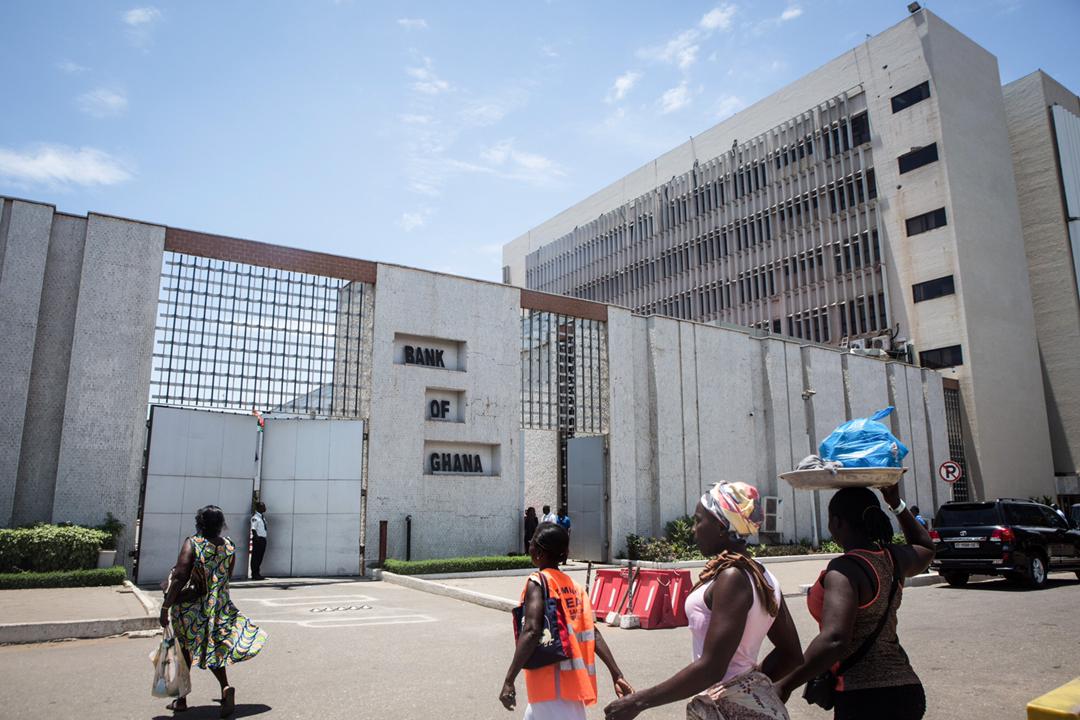

Kwame Oppong, the Bank of Ghana’s Head of Fintech and Innovation, claimed that the Central Bank has launched a regulation change to encourage innovation in the financial services sector without jeopardizing financial stability. For instance, he said that the BoG formed a Fintech Innovation Office in 2020, one of the few such organizations among central banks worldwide, to oversee, manage, and foster Fintech in keeping with its dedication to innovation.
He said, “so far, a total of 47 payment service providers and mobile money operators have been given approval – both Ghanaian and foreign across various license categories to provide payment services.”
When top Fintechs, investors, and participants in digital finance gathered in Accra for the Africa Money and Decentralized Finance (DeFi) Summit, Mr. Oppong made the call. The Africa Tech Conference, a premier tech event series, hosted the two-day summit, which brought together corporates, investors, start-ups, regulators, media, and industry stakeholders to share thoughts on payments, cryptocurrency, DeFi, mobile money, and investing.
Leaders in the sector were present at the summit, including Polygon, Celo, Paystack, Visa, and Workpay, among others. The summit featured over 400 attendees, and over 150 exhibitors, with over 75 presenters speaking on various topics through panel discussions, keynote addresses, masterclasses, and an expo featuring cutting-edge technologies and ideas.
Open door policy
In order to promote safe, sustainable, and inclusive innovation, Mr. Oppong said the central bank had an open-door policy and worked with industry stakeholders, potential service providers, and innovators. Mr. Oppong continued by saying that the BoG has also committed resources to research and keeping track of the advancement of digital assets and related goods, such as Decentralized Finance Applications and intangible tokens. “The study revealed some challenges in cryptocurrencies as regards volatility, consumer protection, money laundering, terrorism financing risks, which has led various policymakers to react in short of effective regulation,” he claimed.
Based on that reasoning, he said the BoG did not recognize the cryptocurrency for regulatory purposes. He added that “we have, however, noted recent efforts by the cryptocurrency industry to remedy some of these volatility concerns of regulators in a form of stablecoin but the significant risks still persist.” The potential for blockchain to spur innovation, he argued, could not be underestimated despite the difficulties, even though it had not yet reached its full maturity. In order to prevent any problems with the ecosystem, he said, the BoG would continue to watch development and put into place regulations appropriate for virtual assets, working with other regulators and stakeholders as needed.
Crypto growing
Following a sold-out Money and DeFi Summit held in Nairobi earlier this year, the founder of Africa Tech Summit, Andrew Fassnidge, said the summit was organized in Ghana in response to requests from leaders in the Fintech industry to bring the summit to West Africa. He claimed that the emergence of DeFi and the growth of cryptocurrency in Africa made it an exciting time to be involved in digital finance.
He pointed out that ten entrepreneurs had the opportunity to present their companies to potential investors and partners during a live pitch that was organized as part of the summit.
According to him, there would be several breakthroughs and investments when the traditional Fintech banking and financial services and the new world of DeFi and cryptocurrency came together. He said, “For instance, there are a lot of Fintechs built by Africans such as Zeepay and others, which have revolutionized payments for the man on the street.”
Source: Graphic Online
